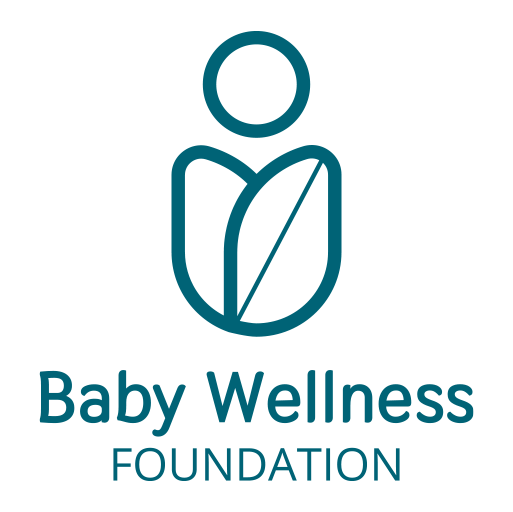Approfondimenti scientifici
Why sleep is important for newborns and children?
Sleep is a vital function for all human beings, but in newborns and children, it plays an even more central role. It is not just a time of rest, but an essential component of physical, neurological, and emotional development. Ensuring adequate sleep from the very first months of life is a true form of prevention, supporting both the present and future well-being of the child.

Sleep supports growth
During sleep, the body activates important processes of regeneration and development. In the deepest phases of sleep, the pituitary gland secretes growth hormone (somatotropin), which is essential for the child’s physical development. A newborn who sleeps well and consistently not only grows harmoniously but also enhances cognitive and emotional abilities. This is why nighttime sleep should never be overlooked or underestimated.
Sleep quality affects mood and behavior
A child who sleeps poorly or insufficiently often appears more irritable, nervous, and harder to console. They may cry frequently, demand to be held constantly, and show signs of persistent fatigue. This occurs because sleep deprivation raises cortisol levels—the stress hormone—interfering with emotional regulation. Quality sleep not only supports physical rest but also helps the child experience the day with greater calm and emotional stability.
The paradox of overtiredness
One of the most delicate aspects of sleep is falling asleep. Often, the more tired a child is, the harder it is for them to fall asleep. Once again, cortisol plays a key role by keeping the body in a state of alertness. Teaching healthy sleep habits helps reduce stress levels and encourages easier sleep onset. Tools such as rocking cradles, swings, or relaxing routines can gently and naturally ease the transition to sleep.
Inadequate sleep and cognitive development
Disturbed or fragmented sleep can negatively affect attention, memory, concentration, and behavioral regulation. In school-aged children, this often translates into hyperactivity, learning difficulties, and inconsistent academic performance. It is therefore crucial to promote healthy habits from the first months of life that help establish a regular sleep-wake rhythm, protecting long-term neuropsychological well-being.
A child’s well-being starts with the parents’ well-being
Sleep is not just a matter for the child—it involves the whole family. Sleep deprivation in parents is one of the main causes of stress, anxiety, postpartum depression, and relationship tension. Chronic fatigue can compromise the quality of the parent-child relationship, creating a vicious cycle where the parent’s distress also negatively affects the child.
On the other hand, sleeping well—together—creates a virtuous circle, improving mood, emotional bonding, and the overall family atmosphere. A child has the right to grow up with parents who are present, rested, and serene: this balance is the foundation for healthy and harmonious development.
